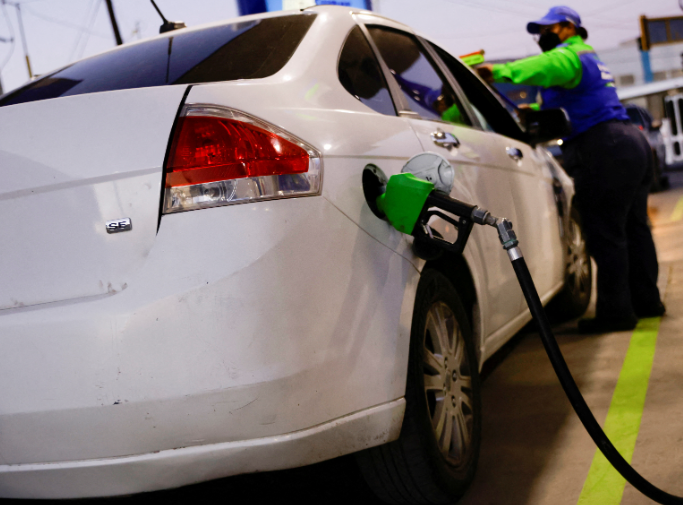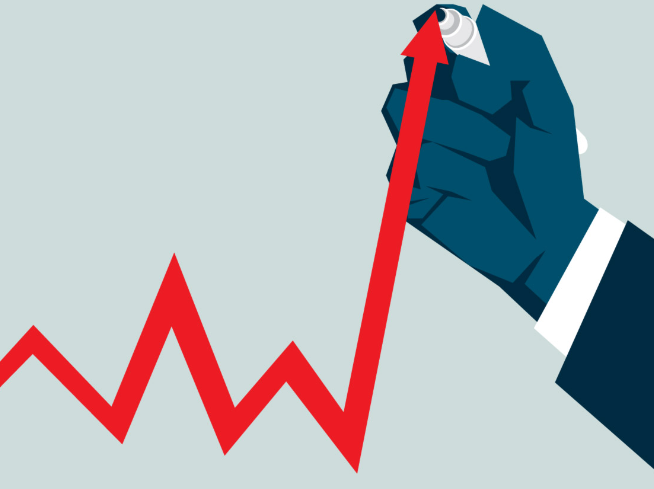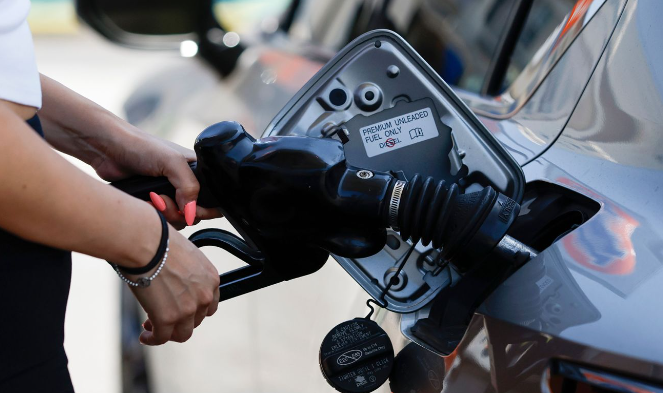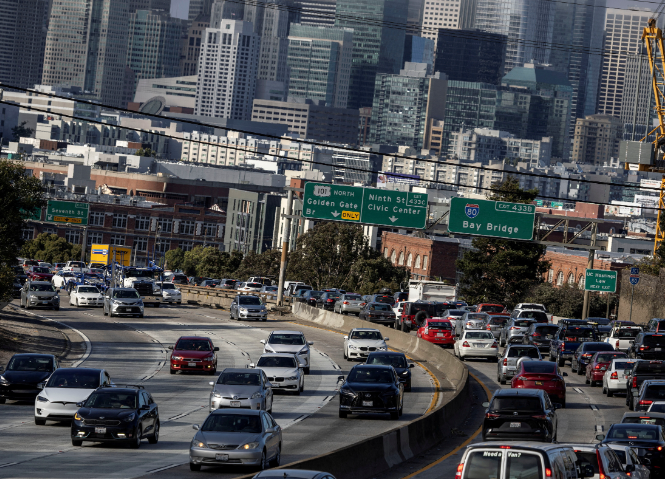
Rising Gas Prices, Experts Illuminate the Future of US Inflation Amid.
Rising gas prices have become a focal point of economic discussions
In recent times, the United States has witnessed a surge in gas prices, sparking conversations about its potential impact on the country’s inflation trajectory. As the cost of fuel climbs, experts weigh in on the implications for future inflationary trends, offering insights into the broader economic landscape.

Rising gas prices are often seen as a barometer of inflationary pressures, given their ripple effects across various sectors of the economy. When consumers pay more at the pump, they may have less discretionary income to spend on other goods and services, leading to reduced consumer spending. This, in turn, can dampen overall economic activity and contribute to inflationary pressures.
However, the relationship between gas prices and inflation is complex and multifaceted, influenced by a myriad of factors such as supply and demand dynamics, geopolitical events, and government policies. As such, experts approach the issue with a nuanced understanding, considering both short-term fluctuations and long-term trends in their analysis.
One aspect that experts highlight is the role of energy costs in driving overall inflationary pressures. Gasoline is a key input in many sectors of the economy, including transportation, manufacturing, and agriculture. As such, increases in gas prices can lead to higher production costs for businesses, which may then pass on these costs to consumers in the form of higher prices for goods and services.
Moreover, rising gas prices can have indirect effects on inflation through their impact on consumer sentiment and behavior. When consumers perceive that the cost of living is increasing, they may adjust their spending habits accordingly, leading to changes in demand patterns across different sectors of the economy. This can further exacerbate inflationary pressures and contribute to a self-reinforcing cycle of rising prices.
In addition to their immediate impact on inflation, experts also consider the broader economic context in which rising gas prices occur. Factors such as wage growth, productivity levels, and monetary policy can all influence the extent to which changes in gas prices translate into broader inflationary trends. For example, if wages fail to keep pace with rising prices, households may experience a decline in purchasing power, which can put upward pressure on inflation.
Furthermore, experts emphasize the importance of distinguishing between temporary fluctuations in gas prices and more persistent inflationary trends. While short-term spikes in gas prices may lead to temporary increases in inflation, they may not necessarily signal a sustained upward trend. As such, policymakers need to carefully assess the underlying drivers of inflation and tailor their responses accordingly.
Looking ahead, experts offer a range of perspectives on the future trajectory of US inflation in light of rising gas prices. Some argue that the recent surge in gas prices is likely to be transitory, driven by temporary factors such as supply chain disruptions and geopolitical tensions. They point to the resilience of the US economy and the Federal Reserve’s commitment to maintaining price stability as factors that could help mitigate inflationary pressures in the long run.
Others, however, express concerns about the potential for sustained inflationary pressures, citing factors such as loose monetary policy, fiscal stimulus measures, and rising production costs. They warn that if left unchecked, inflation could erode the purchasing power of households, undermine consumer confidence, and hamper economic growth.
In response to these concerns, policymakers are closely monitoring developments in the energy markets and assessing their potential implications for inflation and the broader economy. The Federal Reserve, in particular, plays a key role in setting monetary policy to achieve its dual mandate of price stability and maximum employment. In recent months, the Fed has signaled its willingness to take appropriate action to address inflationary pressures while supporting the recovery.
Ultimately, the future trajectory of US inflation will depend on a complex interplay of factors, including developments in the energy markets, consumer behavior, and policy responses. While rising gas prices may contribute to short-term fluctuations in inflation, their longer-term impact will hinge on how effectively policymakers navigate the challenges and uncertainties ahead. By staying vigilant and adaptive, the US economy can weather the storm of rising gas prices and emerge stronger and more resilient in the years to come.
For the latest updates-click here.

